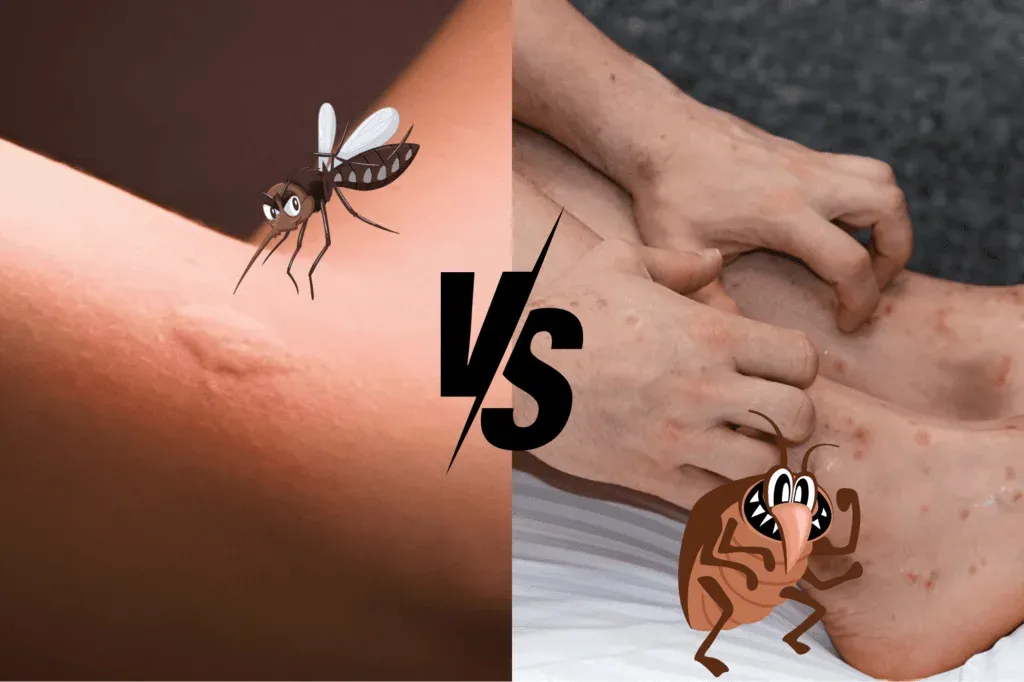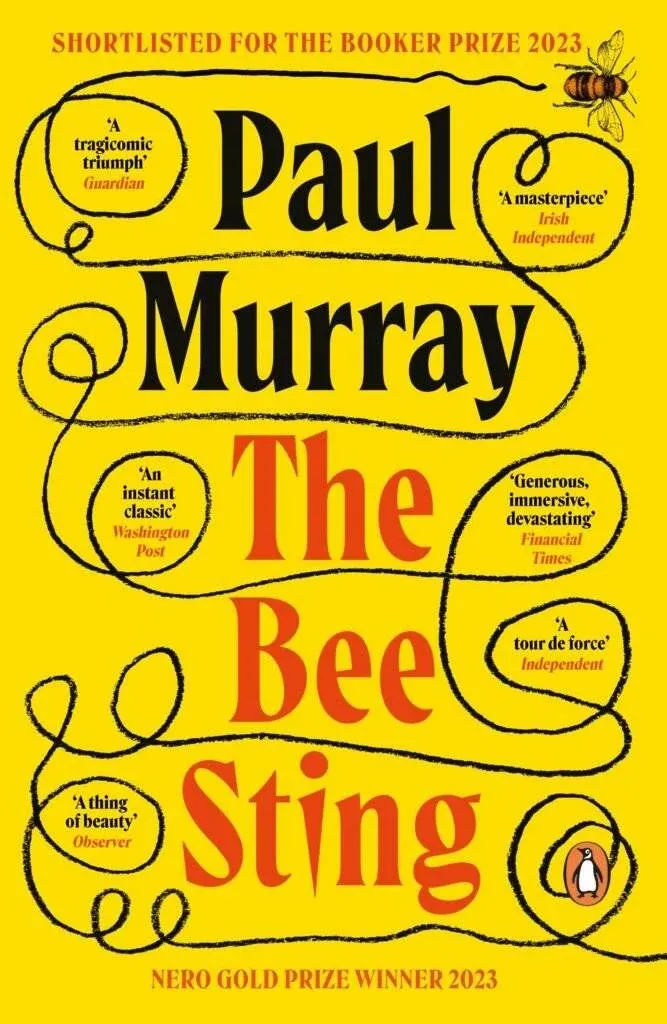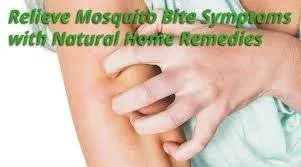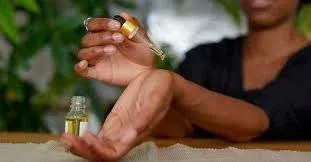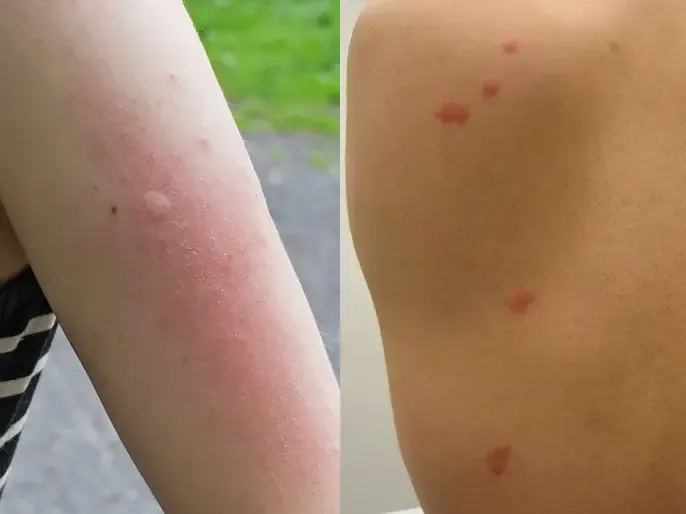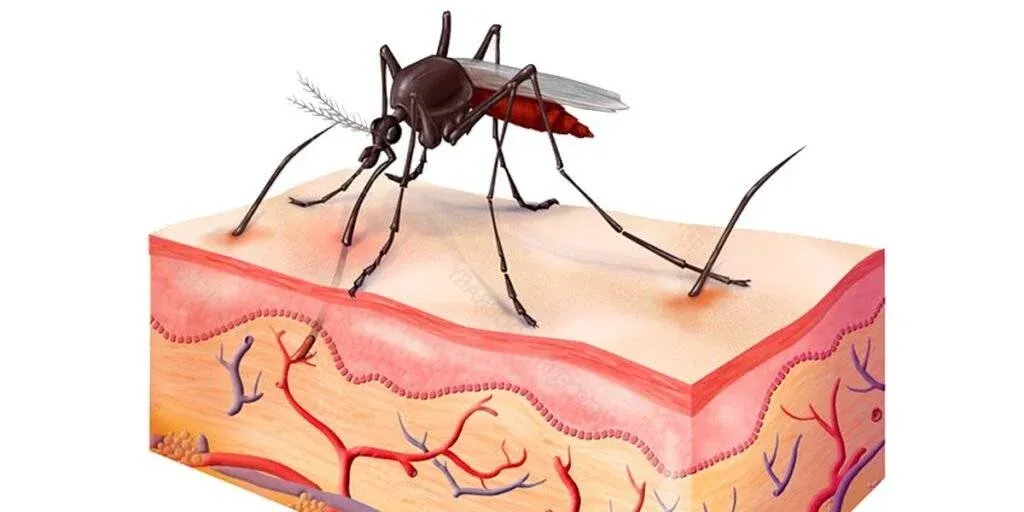When summer arrives, spending time outdoors should be relaxing not a constant battle with mosquitoes. These buzzing pests are more than just annoying; they carry harmful diseases like dengue, Zika virus, and West Nile virus. Fortunately, using the right mosquito spray for yard can help you reclaim your outdoor space safely and effectively.
This guide explains everything you need to know about mosquito sprays how they work, what ingredients to look for, and how to apply them for maximum protection.
Why You Need a Mosquito Spray for Yard
Mosquitoes thrive in warm, humid environments and breed quickly, especially in standing water around gardens, patios, and lawns. Even a small puddle can attract hundreds of mosquitoes within days.
A quality mosquito spray for yard acts as both a repellent and a killer. It helps:
Reduce adult mosquito populations
Prevent future infestations
Protect family members and pets from bites
Create a more comfortable outdoor experience
Without treatment, mosquito infestations can become overwhelming. Applying a spray at regular intervals creates a long-lasting barrier that keeps your yard peaceful and safe.
How Mosquito Yard Sprays Work
Most mosquito sprays for yards contain active ingredients designed to either kill mosquitoes on contact or repel them from treated areas. The two main types are:
Chemical-Based Sprays
These sprays use synthetic ingredients like permethrin, bifenthrin, or lambda-cyhalothrin. They work by attacking the nervous system of mosquitoes, killing them instantly. These are highly effective and provide longer lasting protection but should be used carefully, especially around children or pets.Natural or Organic Sprays
Made from essential oils like citronella, lemongrass, peppermint, and eucalyptus, these are safer for families, pets, and pollinators. Though their effects may not last as long as chemical sprays, they are eco-friendly and ideal for regular maintenance.
Both options can be effective, depending on your needs and comfort level with chemical products.
Key Ingredients to Look For
When choosing a mosquito spray for yard, the ingredients determine how powerful and safe it will be. Here are some common and effective ones:
Permethrin: A synthetic insecticide that kills mosquitoes and other pests instantly.
Pyrethrin: A plant-based compound derived from chrysanthemum flowers, used in natural sprays.
Citronella Oil: Known for its pleasant scent and mosquito-repelling properties.
Lemongrass Oil & Cedarwood Oil: Natural repellents that also help mask scents that attract mosquitoes.
Geraniol & Peppermint Oil: Environmentally friendly options that provide short-term protection.
Choose a spray that fits your preference strong and long-lasting or natural and safe for children and pets.
How to Apply Mosquito Spray for Yard Effectively
Using mosquito spray for yard is simple, but correct application ensures lasting results. Follow these steps for optimal protection:
Identify Breeding Areas:
Look for standing water in flower pots, gutters, and puddles. Remove or drain these sources before applying the spray.Choose the Right Time:
Spray early in the morning or late in the afternoon when mosquitoes are most active. Avoid spraying during windy conditions to prevent drift.Cover the Entire Area:
Apply evenly on grass, shrubs, fences, and around decks or patios. Mosquitoes like to rest on shaded leaves and under structures.Repeat Regularly:
For best results, reapply every 2–4 weeks, especially after heavy rain or lawn watering.
Consistent use helps maintain a barrier and stops new mosquito populations from taking over your yard.
Comparing Natural vs. Chemical Mosquito Sprays
| Type | Key Ingredients | Effectiveness | Safety Level | Best For |
|---|---|---|---|---|
| Chemical Sprays | Permethrin, Bifenthrin | High (2–4 weeks) | Moderate | Large outdoor spaces |
| Natural Sprays | Citronella, Peppermint Oil | Medium (1–2 weeks) | High | Families & pets |
If you have small children, pets, or pollinator plants like flowers and herbs, natural sprays are the safer choice. However, for large lawns or heavily infested areas, chemical options may provide stronger control.
DIY Natural Mosquito Spray for Yard
You can make an effective DIY mosquito spray at home using common ingredients:
Ingredients:
2 cups of water
1 tablespoon of witch hazel or vodka (to help the oils mix)
10 drops of citronella oil
10 drops of lemongrass oil
10 drops of peppermint or eucalyptus oil
Instructions:
Mix all ingredients in a spray bottle and shake well. Spray around your yard, patio furniture, and garden edges. Reapply every few days or after rain for continued protection.
This natural method is safe, affordable, and eco-friendly ideal for smaller spaces and sensitive households.
Pro Tips to Maximize Protection
Even the best mosquito spray for yard works best when combined with proper prevention. Here are additional tips to keep your outdoor area mosquito-free:
Eliminate Standing Water:
Empty buckets, pet bowls, birdbaths, and plant trays regularly. Mosquitoes lay eggs in stagnant water.Trim Overgrown Vegetation:
Mosquitoes hide in shady, moist areas. Keeping your lawn trimmed reduces resting spots.Use Fans Outdoors:
Mosquitoes are weak fliers. A simple fan near seating areas can deter them.Add Mosquito-Repelling Plants:
Grow citronella grass, lavender, marigolds, and basil — natural mosquito deterrents that add beauty to your garden.Use Outdoor Lighting Strategically:
Replace bright white bulbs with yellow or LED lights, which attract fewer insects.
By combining sprays with smart yard management, you can achieve long-term mosquito control without excessive chemicals.
Frequently Asked Questions (FAQs)
1. How often should I spray my yard for mosquitoes?
Every 2 to 4 weeks is ideal, depending on weather conditions and product type. Reapply after heavy rain for best results.
2. Are mosquito sprays safe for pets and kids?
Natural sprays made from essential oils are generally safe. For chemical sprays, always follow the label instructions and allow surfaces to dry before letting pets or kids outside.
3. Can mosquito sprays harm other insects?
Some chemical sprays may affect beneficial insects like bees or butterflies. Use them selectively and avoid flowering plants.
4. Do natural sprays really work?
Yes, though they may need more frequent application. Natural ingredients repel mosquitoes effectively when applied consistently.
Final Thoughts: Choose the Right Spray for a Healthier Outdoor Space
Finding the best mosquito spray for yard depends on your needs safety, coverage, and longevity. A chemical spray may suit large properties, while a natural formula is perfect for eco conscious households.
With consistent use and a few preventive measures, you can enjoy mosquito-free evenings all summer long. Protect your family, pets, and garden by choosing a reliable spray that keeps your yard peaceful and pest-free.

